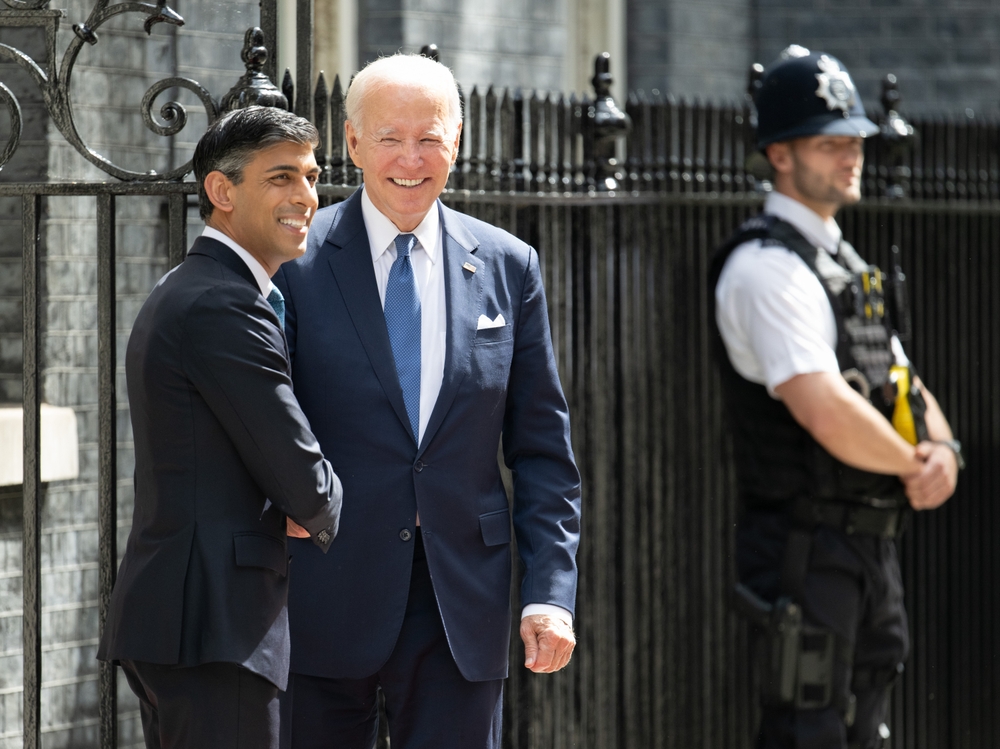
Many Conservatives reading Diagnosis of Defeat, my polling report on the Labour Party’s predicament, will probably have felt a flicker of schadenfreude. It is certainly true that Labour have very deep-rooted problems that go well beyond Brexit and Jeremy Corbyn, the proximate causes of their disastrous defeat. The belief among former Labour supporters that the party had ceased to represent them while taking their votes for granted had been growing for many years, as they explained in devastating detail in my post-election focus groups.
Worse still, the voters who deserted Labour see the party’s problems in a completely different light from that of many of the members who will decide its future. While Labour “defectors” said they did not want Corbyn to be Prime Minister, distrusted Labour’s policies and felt the party did not listen to them – not least because it had tried to stand in the way of Brexit – members were more likely to blame the media, Conservative lies, and the voters, as well as Brexit for dominating an election in which they felt they would otherwise have been on stronger ground. Three quarters of them think Labour did not deserve to lose, and nearly six in ten think their party’s values are closer to those of the British public as a whole than the Tories’ – a view shared by just one in twenty Labour-Conservative switchers. Uniquely, they consider Corbyn the best Labour leader of recent times, and two thirds of them think the party had the right policies and only need a strong leader and a good campaign to be in a strong position at the next election – which only 15% of Labour members expect to result in another Tory victory.
Several Labour MPs have urged serious study of the research, knowing real change is needed if the party is to recover. But other senior figures are eager to take the party down a different branch of what must surely be the wrong direction. Andrew Murray, a Corbyn adviser and leader of the powerful Unite union, writes in Tribune that Labour should not get caught up in the “arid binary” of whether the result was down to Brexit or Corbyn, and he is right about that. While he’s also correct that Labour’s “cloudy” Brexit policy and parliamentary obstructionism were damaging, I am not so sure about his claim that the party’s “transformative message about a different kind of society” failed to impress the voters simply because of “the communications failure of the election campaign.” Though Murray correctly notes that Labour’s long decline predates both Brexit and the Corbyn leadership, his remedy – a revival of class struggle and mass action – seems a million miles from the lives and priorities of the actual people we spoke to over the last month for my report.
Ultimately, the Labour Party will have to decide for itself whether it wants to get back in touch with those people or scurry back down the rabbit hole of socialist theory. Conservatives, meanwhile, should ignore Labour’s travails completely and act as though they are already faced with the kind of Opposition that is ready to supplant them at any moment. In fact, there are a number of points in my report that should concentrate Tory minds.
Nearly a quarter of Labour defectors, including 17% of Labour-Conservative switchers, still identify with Labour or think of Labour as “their” party. Voters as a whole are as likely as not (and Labour defectors are more likely than not) to say they would trust Labour more than the Conservatives with Britain’s public services. Though only a minority say they think the Labour Party “wants to help ordinary people get on in life,” “stands for fairness,” or that it’s “heart is in the right place,” voters as a whole are still more likely to say they are true of Labour than the Tories. One in five Labour defectors, and 14% of Labour-Conservative switchers, say “2019 was an unusual election and the reasons I didn’t vote Labour were very specific – I will probably vote Labour again next time.” Only 17% of Labour defectors, and only a quarter of Labour-Conservative switchers, say they cannot see themselves voting Labour again in the future.
Listening to the former Labour voters in our focus groups, all of which took place in what would once have been thought the party’s heartland, one of the most striking things was the sense that they felt liberated from the tribe, and empowered by the experience of changing their vote and seeing the result. They have high hopes for Boris Johnson and the Tories, but their support is strictly conditional on delivery. Delivery of what? This is part of the problem. Another striking finding from my research was the idea that rather than a fourth Tory term, this was a new beginning, a completely new government. As one put it, Boris represents “a lot of hope and a fresh start” – an invigorating accolade, but also perhaps a worrying one for a PM who finds expectations not only high but perilously unspecific.
The trust Labour squandered over Brexit will not return simply because the legislation taking us out of the EU is complete. But by the same token, nor will previously frustrated leave voters stick with the Tories simply out of gratitude for getting Brexit done. “What have you done for me lately?” will be the question in four or five years’ time. Labour are in a pickle, but the Tories must keep their heads down.


